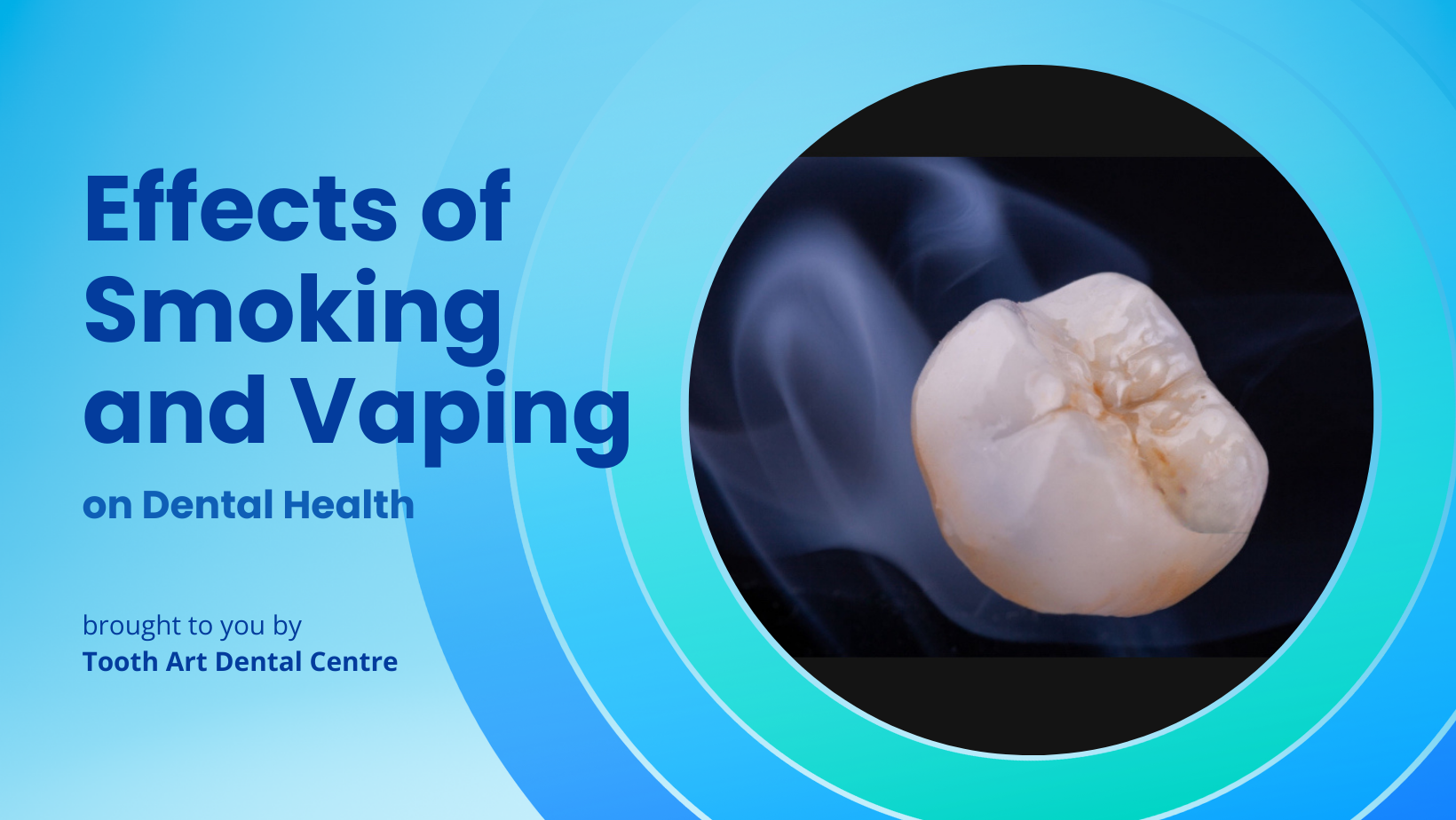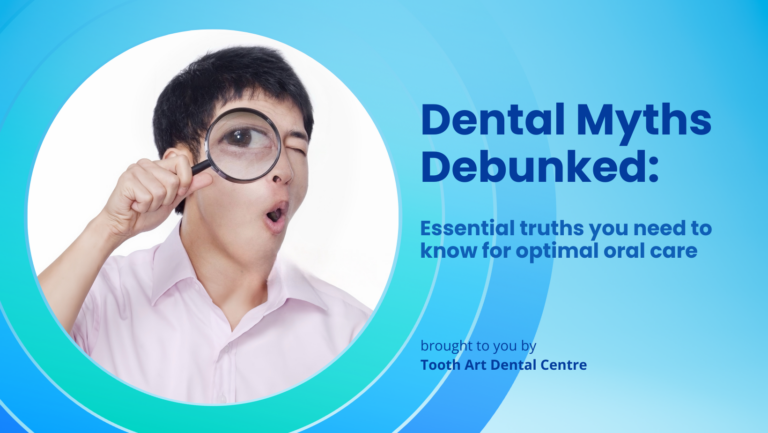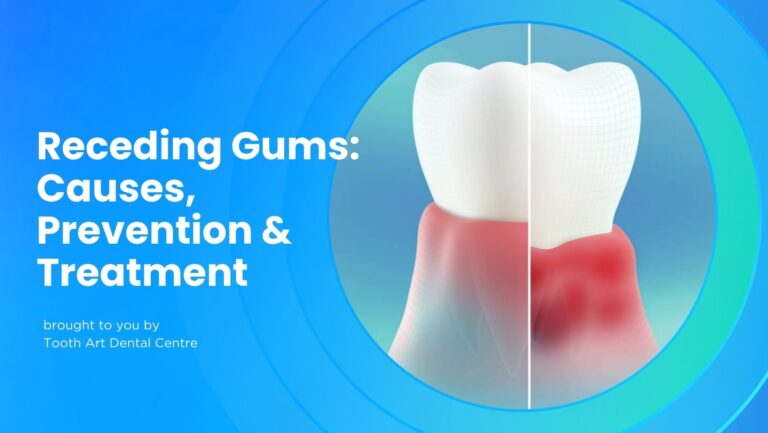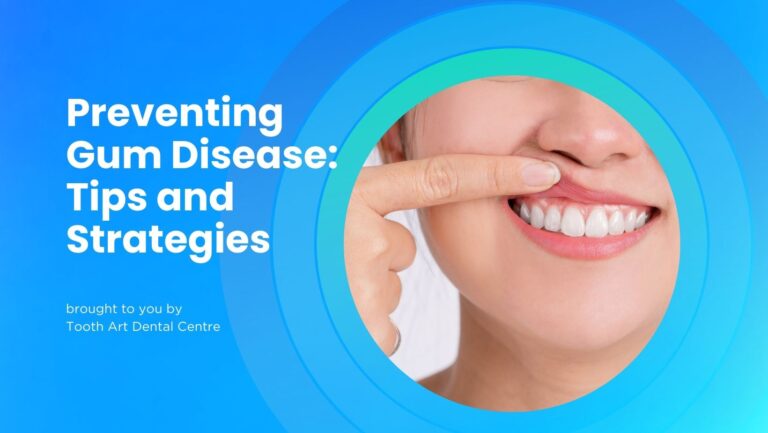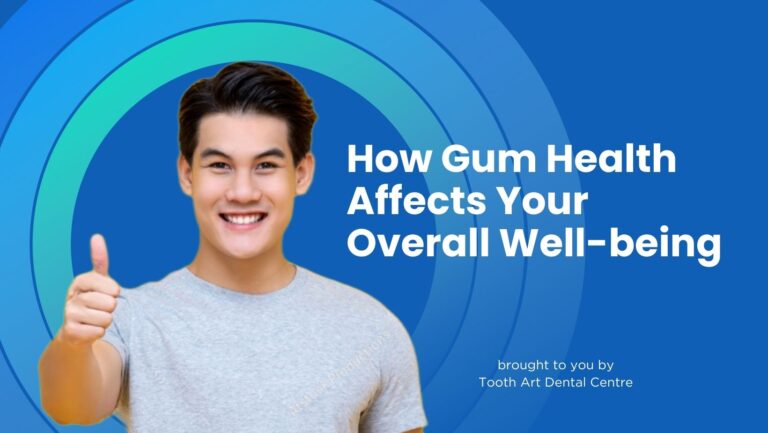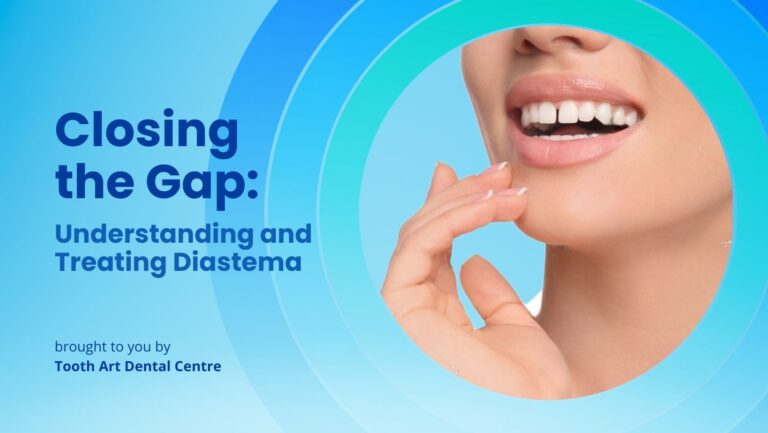Effects of Smoking and Vaping on Dental Health
In recent years, the conversation around smoking and its health implications has expanded to include the effects of vaping, a practice often perceived as a safer alternative. However, both habits have significant adverse effects on oral health, leading to various dental problems. This comprehensive exploration delves into the specific impacts of smoking and vaping on dental health, offering insights for smokers, vapers, and healthcare providers.
The Direct Effects of Smoking on Dental Health
Smoking tobacco in the form of cigarettes, cigars, or pipes has long been known to have detrimental effects on overall health, with oral health being no exception. Here are the major dental health issues caused by smoking:
- Tooth Discoloration: The tar and nicotine in tobacco cause significant tooth staining. Over time, the habitual smoker’s teeth can turn from yellow to a more pronounced brown.
- Gum Disease: Smoking interferes with the normal function of gum tissue cells and impairs blood flow, which increases susceptibility to infections like periodontal disease. This can lead to the loosening of teeth or even tooth loss.
- Oral Cancer: The World Health Organisation (WHO) has been publishing health warnings that warn “smoking causes mouth cancer and tooth loss”. The International Agency for Research on Cancer (IARC)’s Handbook on oral cancer prevention suggests that “…key measures for significantly reducing the risk of oral cancer include avoiding or stopping tobacco smoking…” [1]
- Delayed Healing: Following dental procedures such as tooth extraction or oral surgery, smoking can delay the healing process and increase the risk of complications.
- Increased Plaque and Tartar Buildup: Smokers are more likely to produce bacterial plaque, which leads to an increased buildup of tartar. This can progress to gum disease and further oral health issues.
Vaping and Oral Health: Emerging Concerns
While vaping is often touted as a less harmful alternative to smoking, it poses its own unique threats to oral health:
- Nicotine Exposure: Most e-cigarettes contain nicotine, which reduces blood flow, thereby affecting the gums’ ability to maintain healthy teeth support, potentially leading to gum recession and tooth sensitivity.
- Dry Mouth: Vaping is associated with dry mouth due to the base ingredients in e-liquids, such as propylene glycol and vegetable glycerin, which reduce saliva production. Saliva is essential in controlling bacteria and rebuilding enamel, and its reduction can increase the risk of cavities and gum disease.
- Chemical Exposure: The various flavorings in e-liquids may also contribute to dental health issues. Some chemicals used for flavoring have been linked to respiratory and cardiac diseases, and recent studies suggest they could also impact oral health, though more research is needed.
- Oral Cancer Risk: Whilst long-term health effects are not fully known, we do know that they generate toxic substances, some of which are known to cause cancer.
Preventive Measures and Dental Care Tips
For individuals who smoke or vape, there are several steps that can be taken to mitigate the effects on dental health:
- Maintain Rigorous Oral Hygiene: This includes brushing twice a day with fluoride toothpaste, flossing daily, and using an antibacterial mouthwash.
- Regular Dental Visits: Smokers and vapers should have dental check-ups at least twice a year. These visits can help catch and treat problems like gum disease or tooth decay early.
- Consider Quitting: The best way to protect your dental and overall health is to quit smoking or vaping. Various resources and cessation programs can provide support for those looking to quit.
- Hydration: Increasing water intake can help alleviate dry mouth caused by vaping and promote saliva production, which is vital for oral health.
Conclusion
This article has outlined the primary concerns regarding dental health for smokers and vapers, including the increased risks of gum disease, tooth decay, and oral cancer. By maintaining good oral hygiene, seeking regular professional dental care, and considering cessation, individuals can take significant steps toward preserving their oral health and overall well-being.
Have a concern about the dental concerns caused by smoking or vaping? Schedule a consultation with our trained dental specialist today.
[1]“Comprehensive assessment of evidence on oral cancer prevention released” 29 November 2023, World Health Organization https://www.who.int/news/item/29-11-2023-comprehensive-assessment-of-evidence-on-oral-cancer-prevention-released-29-november-2023
Note: This article is intended for informational purposes only and does not substitute for professional medical advice. Individuals experiencing health concerns should consult with healthcare professionals for proper diagnosis and treatment plans.

